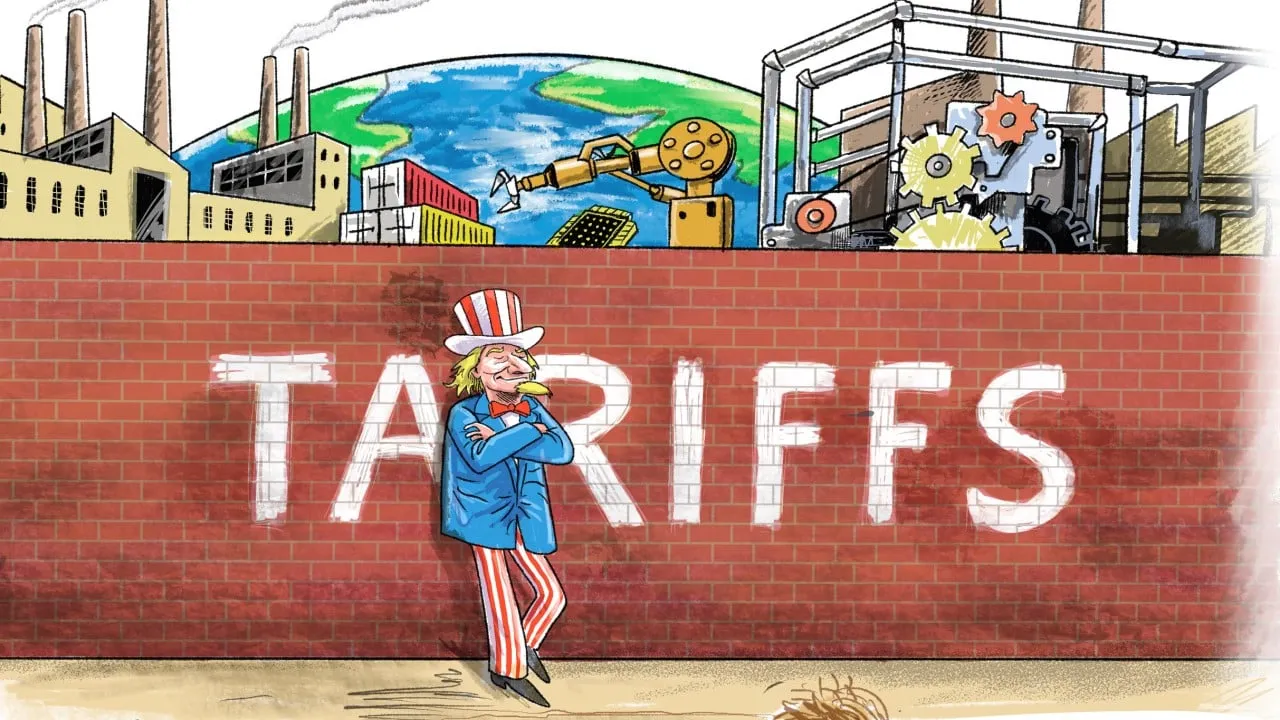Taiwan Strait Tensions and the Future of US Competitiveness in a Rules-Based International Order

Taiwan Strait Tensions Impacting US Competitiveness
The Taiwan Strait is witnessing rising tensions that directly affect US competitiveness in maintaining a rules-based international order. As the United States gears up for the upcoming presidential election, the spotlight is on how Washington will navigate trade, globalisation, and immigration policies amidst these challenges.
The Struggle to Bring Back Manufacturing Jobs
Recent administrative efforts have aimed to reverse the trend of offshoring jobs, particularly in manufacturing. However, the results speak volumes about the difficulties faced:
- Geopolitical competition with China has led to a string of tariffs affecting goods and worsening relations.
- The Taiwan Semiconductor Manufacturing Company (TSMC) is struggling with cultural and operational hurdles in its manufacturing facilities in the US.
- As a result, many American manufacturing job vacancies remain unfilled, reaching over 620,000.
Rethinking US Policies
To boost its global competitiveness, the US needs to shift its approach:
- Foster multilateral trade agreements.
- Embrace immigration to attract skilled talent, ensuring long-term industrial growth.
- Invest in reskilling rural middle-class workers to adapt to the future economy.
Ultimately, to mitigate inflation and enhance industrial capacity, the US must abandon isolationist tendencies. Embracing globalisation and enhancing economic engagement will not only benefit businesses but also sustain the nation’s stature in the global landscape.
This article was prepared using information from open sources in accordance with the principles of Ethical Policy. The editorial team is not responsible for absolute accuracy, as it relies on data from the sources referenced.